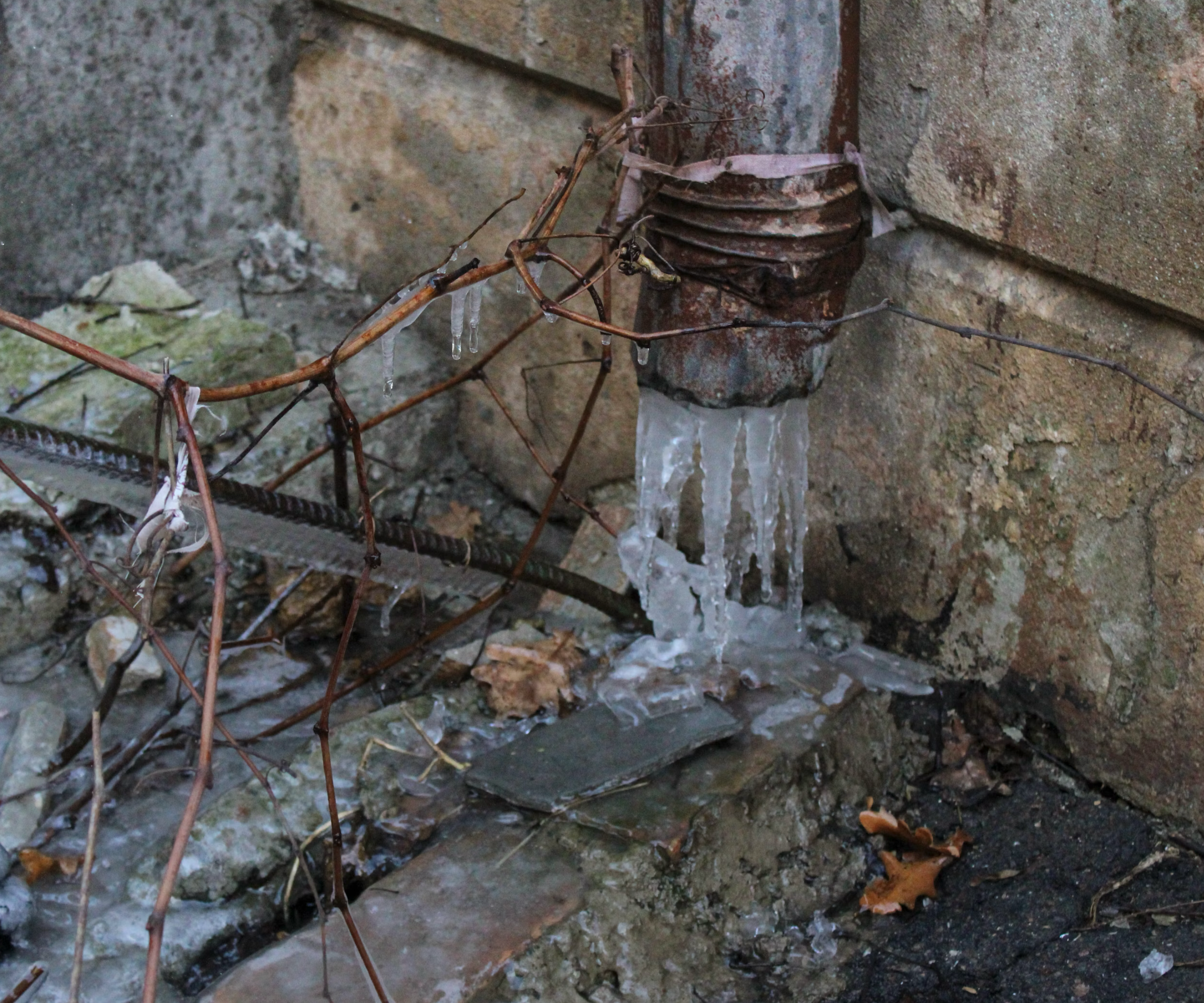Winter brings cold temperatures, and one of the biggest concerns for homeowners during this time is the risk of frozen pipes. When water inside pipes freezes, it expands, creating pressure that can cause the pipes to crack or burst. This can lead to costly water damage and repairs. However, with proper preparation and a few preventative measures, you can protect your home from the dangers of frozen pipes.
The first step in preventing frozen pipes is to insulate exposed pipes in areas like basements, attics, and garages.
These areas are typically not heated and are more vulnerable to freezing. Pipe insulation sleeves or heat tape can be easily installed to keep pipes warmer. For added protection, ensure that areas around doors, windows, and vents are sealed properly to prevent cold drafts from reaching your pipes.
Another important strategy is to keep your home’s temperature consistent, even when you're not there.
If you're away during cold weather, set your thermostat to at least 55°F (12°C) to keep the house warm enough to prevent pipes from freezing. Another safeguard is to get a SafeSense TempIQ Temperature and Humidity Sensor to monitor the temperature of your property remotely if you can't be there.You should also open cabinet doors in kitchens and bathrooms to allow warm air to circulate around pipes under sinks, which can be particularly vulnerable in extreme cold.
During especially cold spells, one of the simplest yet most effective ways to prevent pipes from freezing is to allow faucets to drip slightly.
A small, steady stream of water helps relieve pressure in the pipes and reduces the chances of them freezing and bursting. It’s especially important to do this for faucets connected to pipes located along exterior walls, where freezing is more likely.
In the event that your pipes do freeze, it’s critical to act quickly. Turn off the water supply to prevent flooding in case of a burst, and try to thaw the pipe using a hair dryer or space heater. Never use an open flame to thaw pipes. If you’re unable to locate the frozen section or if the pipe has burst, call a plumber for immediate assistance. Taking these precautions will help protect your home from the costly damage frozen pipes can cause during the winter months.


Share:
Pet Safety in Hot RVs: Protecting Your Furry Friends
How to Protect the Interior of Your Home from Temperature Fluctuations